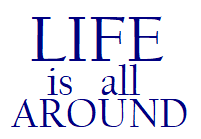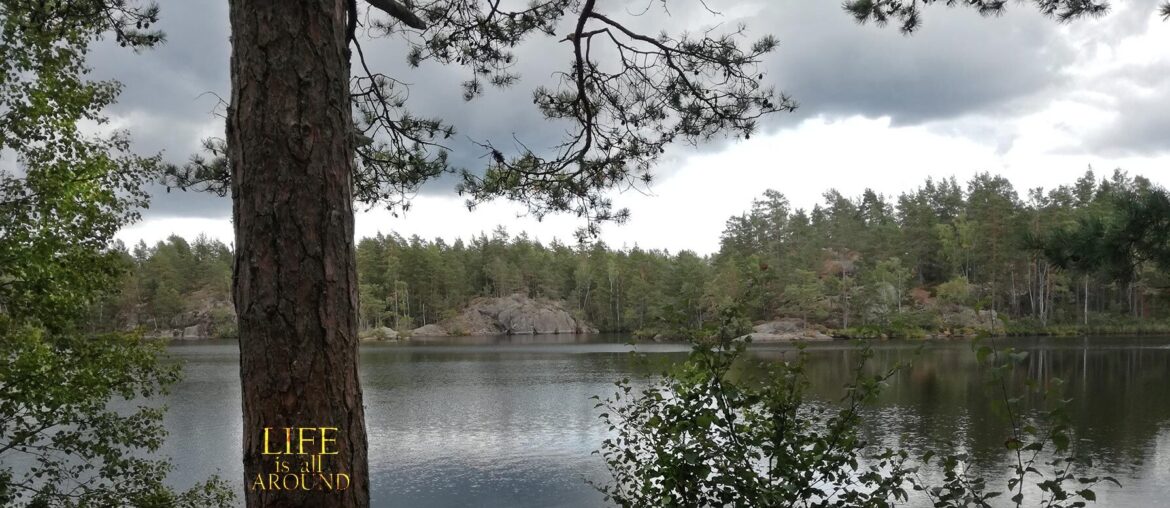“How to understand and change my personality?” That is a question many have asked—especially those interested in growing and getting better as individuals. Although there are many viewpoints to it, knowing how the mind and personality are connected can help someone make sense of their character.
Experiences rule
As discussed in the first article on the topic of Personality, personality is a bundle of likes and dislikes. But what creates those likes and dislikes in the first place? In short, it is our past experiences.
Our past life experiences determine how we think, feel, understand and perceive life. One grows in a Christian environment and most likely becomes a Christian. Another grows up in a Muslim background and becomes a Muslim. Is someone wrong? Not really; there is no such thing as a right or false personality.
Because you do not like a particular type of person, you label them as bad. But from their perspective, they are the good ones. We do not know if one is right and another is wrong. What we know is that our experiences in life determine our whole personalities.
A conditioned mind
To understand more about how this conditioning works, it can help to talk about how the mind collects information from the environment. When you are young or when you do not have any conclusions in life, you are open to discovery. Hence, you are looking at life without any filter.
You are super alert and pay attention to all the input you have from the five senses. Then you take that input and attempt to make meaning. As you grow, there will be things you will not understand and questions you cannot answer. From “Why are you here” to “What does death mean”.
Naturally, we want to feel secure and do not like the feeling that comes when we do not know something. Hence, our minds fill those gaps with information we receive from the five senses. All this input, collected consciously or unconsciously, creates our personalities. Naturally, everyone has a unique personality.
A filter to view life
You can think of the personality as a filter we have to view life. Because you have one type of personality, you view life one way. Your friend has a different personality, which means they view life another way.
Avraham Lincoln, referring to his enemies, once said: “Don’t criticize them; they are just what we would be under similar circumstances”. The same applies to you. If your experiences were different, you would have another personality. If you ever have any trouble showing empathy, you can think of this simple observation.
Empathy is about seeing life from the other’s perspective. It essentially means using a different filter to view life. The more you identify with your personality, the more difficult it is to leave your filter for a moment and use someone else’s. Thinking about it, how would you view life if you did not use any filter at all? How would you view life if you had no personality?
Takeaway:
- Our past experiences of life condition the way we think, feel, understand and perceive life.
- You can think of the personality as a filter we have to view life.
- The more you identify with your personality, the more difficult it is to temporarily change that filter and see the world from someone else’s perspective.

